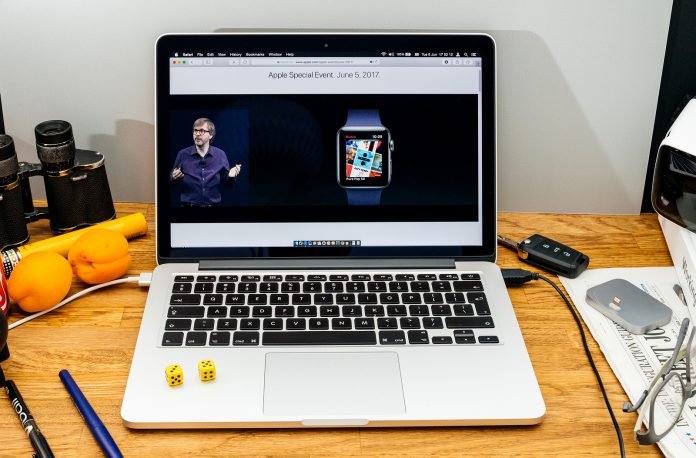Apple unveiled its latest iteration of its operating system earlier in the week – iOS 11 – at WWDC 2017. The operating system is available to developers, but it is expected for a final release in fall 2017. The operating system will be a free upgrade.
The update will include a redesigned App Store, which will help with app discovery and bring users to a Today tab to find new apps. There’s also a Collections theme as well as tutorials, which will be added to the store to teach users how to make the most out of their apps.
IOS 11 will also feature notifications and the lock screen combined into one.
Users will gain access to a customizable Control Center, offering a more fluid experience for users. Messages will feature Apple Pay peer-to-peer features along with a TouchID fingerprint sensor. Messages can also be synced to the iCloud to access all of your messages on any Apple device.
Developers will also gain access to a new feature called DeviceCheck.
The feature is an interesting move for Apple and allows developers to track app downloaders even after they’ve deleted the app or erased their phone completely. The digital fingerprint will allow developers to track users that come back to apps, but the feature will not provide location tracking.
The feature can be used to restore settings or remember a user who wiped their phone or decided to return to the app.
Apple touts the feature as an added privacy-protection and states that the feature will also help with fraud protection, too.
Apple will store the device data using two bits and a timestamp for identification. The developer can choose to reset or modify the information in the future. The bits can help the developer identify fraud or suspicious activity among many other identifiers.
Free trials were used as an example. The technology can be used to stop users from trying to circumvent free trial restrictions and force them to pay for the full app.















